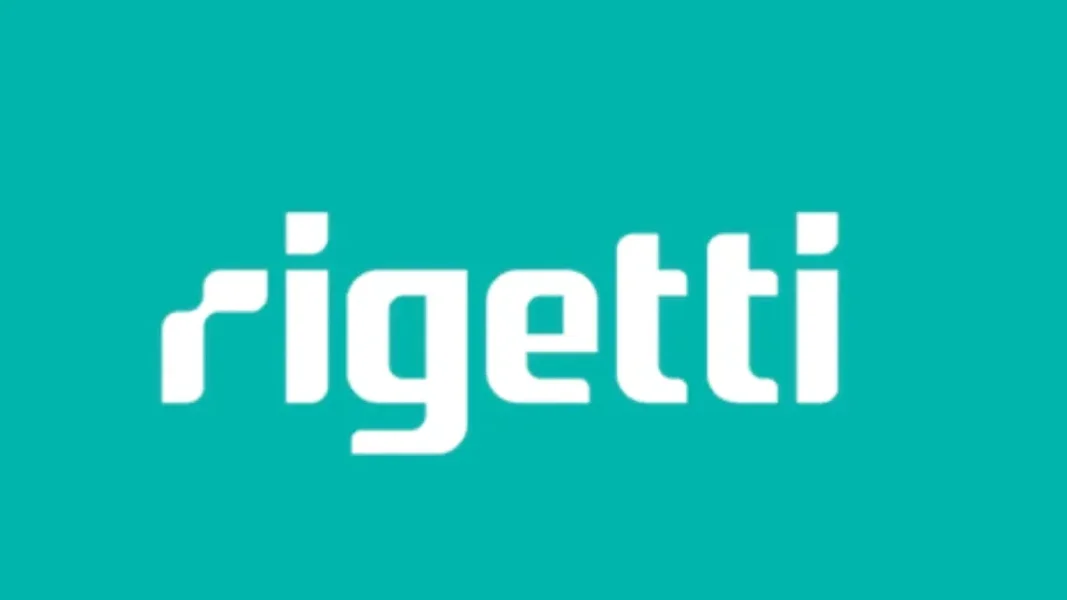Rigetti Unveils Breakthrough Chip Fabrication Process For Scalable QPUs

18th August 2024
Rigetti Computing has introduced a novel chip fabrication process called Alternating-Bias Assisted Annealing (ABAA) that significantly enhances qubit frequency targeting and the execution of 2-qubit gates, leading to higher fidelity and reduced defects in superconducting qubits. This breakthrough, published in Nature Communications Materials, involves applying low, alternating voltages at room temperature to the oxide barrier in Josephson Junctions, which allows for precise tuning of qubit frequencies before chip packaging. The simplicity and scalability of ABAA make it an attractive solution for large-scale Quantum Processing Unit (QPU) production, improving addressability, speeding up interactions, and enhancing scalability.
The ABAA technique is crucial for Rigetti’s plans to scale its quantum computing systems, including the anticipated deployment of their 84-qubit Ankaa-3 system by the end of 2024. By enabling better control over qubit performance, ABAA addresses junction reproducibility issues and improves overall qubit communication and performance. Rigetti’s full-stack approach, which includes proprietary quantum-classical infrastructure and integrated chip design and fabrication at their Fab-1 facility, positions them to rapidly implement new methods like ABAA, thereby advancing the field of quantum computing and providing more powerful and reliable systems for various complex applications.
18th August 2024
